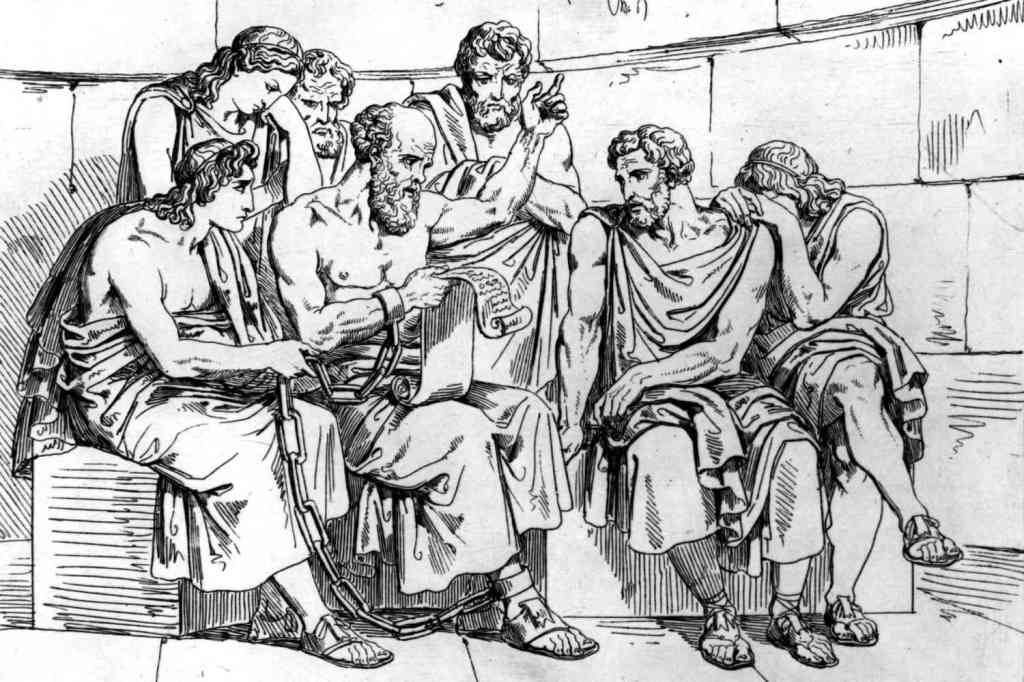This chapter was published in Men, Masculinities and Earth in 2021.
Abstract
Addis offers a critical reflection on the “green superhero” beyond its construction as a “nerdist technology” emerging from geek culture and its attendant privileging of science and technology (Lioi, 2018). Focusing on Alan Moore’s Swamp Thing (1984–87), Addis presents an account of a green superhero whose identity is instead grounded in virtues of caring and connection, and whose heroics are positioned within the rural and wilderness areas that are often overlooked in traditional superhero narratives. In addition to discussing the eco-superhero in relation to a positive, caring form of ecomasculinity, Addis also lays the groundwork for articulating some of the potentially negative aspects of ecological masculinities. She sets out a definition of “ecomasculinism” as a form of ecomasculinity that has become overbalanced towards (often negative) masculine-coded traits such as egotism, or expressions of anger or violence at the potential expense of nevertheless genuine environmentalist aims. Ecomasculinism is critically explored through one of Swamp Thing’s key villains, the Floronic Man, and through the challenges of power and ego faced by its hero. Addis’ chapter discusses both ecological masculinities and comic book superheroes in a multifaceted and often critical way, illuminating the complexities of the eco-superhero in the context of comics scholarship and challenging the focus on positive representations in the study of ecological masculinities more broadly.




Leave a comment